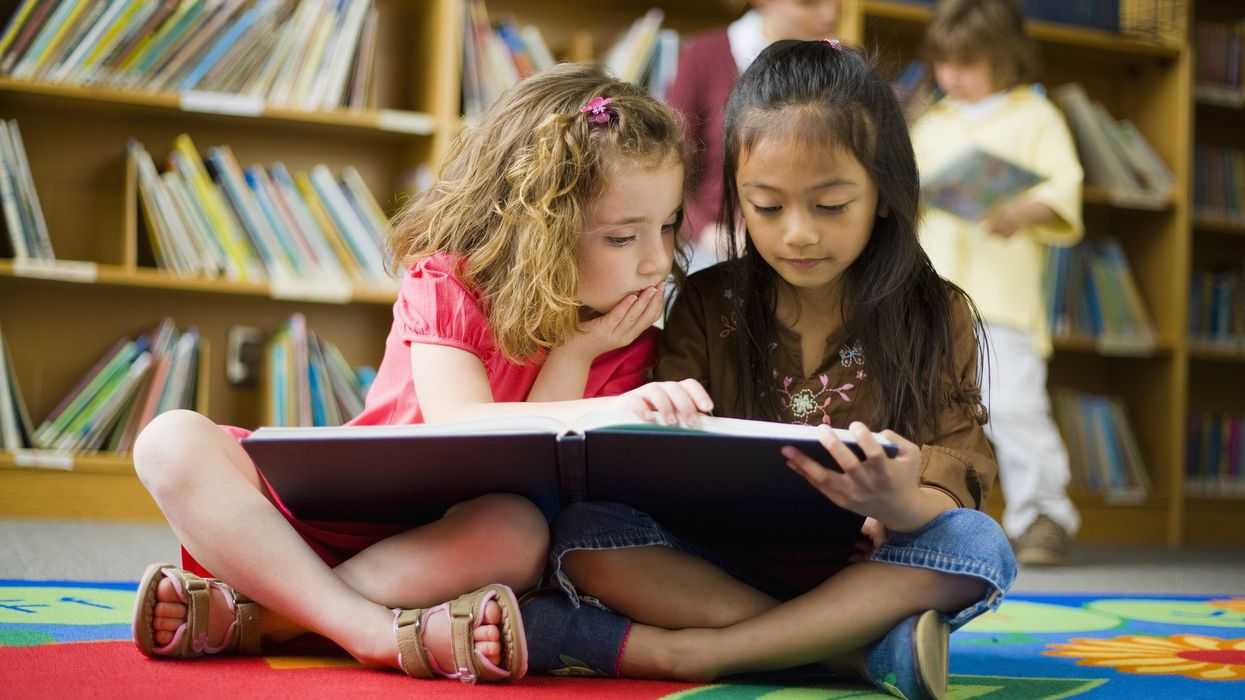April 2nd is International Children's Book Day. It is time to celebrate the transformative power of children's literature and mourn the spaces where stories once lived. The numbers are staggering: there were over 10,000 book bans in U.S. public schools during the 2023-2024 school year alone, affecting more than 4,000 unique titles. Each banned book represents a mirror taken away from a child who might have seen themselves in those pages or a window closed to a child who might have glimpsed a world beyond their own.
I'm a child of the 80s and 90s, back when PBS was basically raising us all. Man, LeVar Burton's voice on Reading Rainbow was like that cool uncle who always knew exactly what book you needed. Remember him saying, "But you don't have to take my word for it"? And Sesame Street—that show was living proof that a kid from the Bronx could learn alongside a kid from rural Kansas, no questions asked. These and other such programs convinced an entire generation that we could "go anywhere" and "be anything.” Also, they were declarations that every child deserves to see themselves in stories, to dream in technicolor, and to imagine futures unlimited by the accidents of birth or circumstance.
Let me tell you something I've learned from years of working with kids, both as a parent and a pastor: magic happens when children find "their" book. You can literally see it. When my students discover characters who share their experiences—their joys, struggles, family structures, and cultural celebrations—their demeanor changes. Their backs and shoulders straighten. Their voices grow more vigorous. They begin to understand that their stories matter and that they belong in the grand narrative of human experience.
Hans Christian Andersen, whose birthday we honor on International Children's Book Day, once wrote, "Life itself is the most wonderful fairy tale." But here's the million-dollar question: whose fairy tales are we determining worthy of shelf space? The answer to that isn't just about books—it's about who we want to be as a society.
This year's theme, "The Freedom of Imagination," feels less like a party and more like a battle cry. And honestly? It should. We're standing at a crossroads, and the path we choose now is going to echo for generations.
To those who defend banning books under the guise of "protection," I ask: what are we protecting our children from? Is it from the knowledge that their classmate has two moms? Do they understand that some of their friends celebrate different holidays? The realization that courage and kindness come in all colors? Give me a break. Real protection means giving kids the tools to understand their world—all of it.
International Children's Book Day reminds us that literacy is more than the ability to decode words on a page. True literacy is the capacity to read the world in all its complex beauty, to recognize oneself in stories, and to develop empathy for experiences unlike our own. That's what really scares the book banners—not that children will be corrupted but that they'll start thinking for themselves.
As our son grows, I reflect on the legacy we're leaving him and all children and youth who are just beginning their journey. Will they find themselves in the pages of their school libraries? Will they see their experiences, their joy, and their unlimited potential reflected in the books they encounter? Children deserve to see themselves as heroes, scientists, artists, leaders, and dreamers. They deserve to know that their stories, their lives, and their futures matter. It must be celebrated, protected, and expanded.
Rev. Dr. F. Willis Johnson is a spiritual entrepreneur, author, and scholar-practitioner whose leadership and strategies around social and racial justice issues are nationally recognized and applied.



















Trump & Hegseth gave Mark Kelly a huge 2028 gift